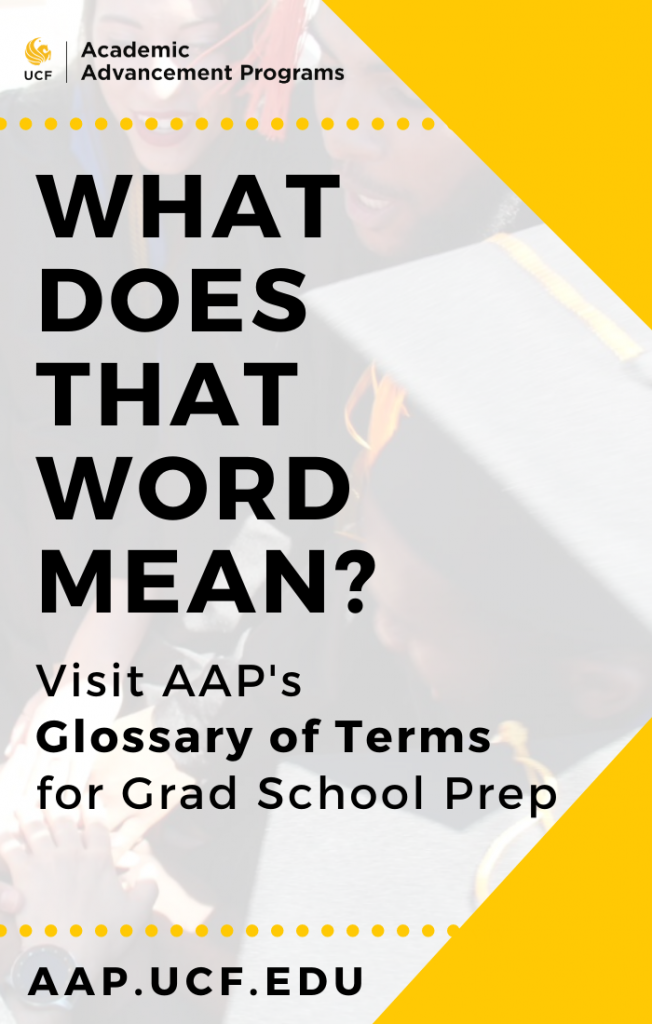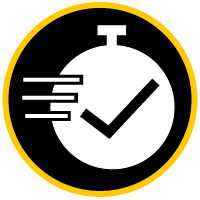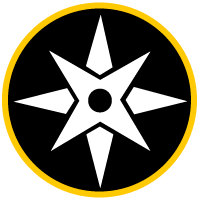
Develop Relationships with Faculty and Staff
Purpose: Scholars will learn about the importance of networks and how to develop strong relationships with faculty and staff at UCF.
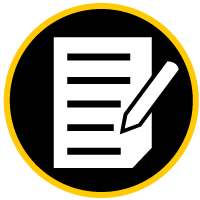
How to Start Developing Relationships
Tips for Finding and Solidifying Mentorships
- Take multiple classes with one professor
- Engage in class and ask questions after class.
- Visit office hours frequently.
- Join their research lab and read their publications.
Invite faculty members out to eat via the Lunch and Learn Program offered by UCF’s Multicultural Academic and Support Services (MASS).
Conversation Starters
- Ask faculty about their research and tell them what you find the most interesting.
- Talk about the coursework you are taking with them.
- Inform them about your graduate school and research ambitions. Ask them about their experience in graduate school.
- Talk about current events related to the field.
Note: Always remember to be keep a balance between professionalism and authenticity.

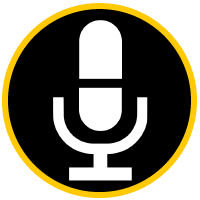
Developing Relationships with Faculty and Staff
The podcast in this lecture marks the first of a series of podcast episodes on graduate school preparation. We will cover various topics from the importance of networking to the art of transitioning into graduate school. Staff members, alumni and current AAP scholars will provide tips and share their experiences.
In this particular episode, Academic Advancement Programs (AAP) at UCF dives into developing relationships with faculty and staff for graduate school preparation. Our guest, Victor Rodriguez, is a Mechanical Engineering senior at the University of Central Florida (UCF). Colleen Smith, a Grad Prep Advisor, interviews Victor to learn more about how he developed relationships with faculty and staff.
Music “We Made It” by scottholmesmusic.com CC 2.5.
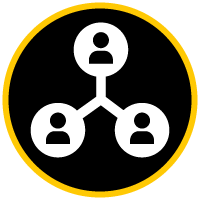
Important Resources and Links:
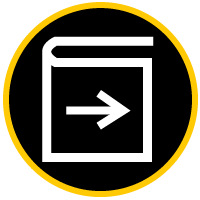
Suggested Assignment
Assignment #5
Identify Your Network
Purpose: Scholars will research and find potential faculty mentors at U.C.F. For assistance schedule a visit with AAP Peer Advisors.
Time: 20 minutes
Instructions: Identify Your Network
Save Your Work: Complete the assignment by typing in the boxes in the PDF below and downloading the document for your records.
Instructions for navigation
Prepare for graduate school now by marking this topic complete: click the “Mark Complete” button below in the bottom left hand corner to keep track of the topics you’ve completed. Then, click the “Next Topic” button below in the bottom right hand corner to move onto the next topic within the lesson.
If you are following the application elements curriculum, follow the Quick Learn icon to the right to the next topic in Letters of Recommendation.
